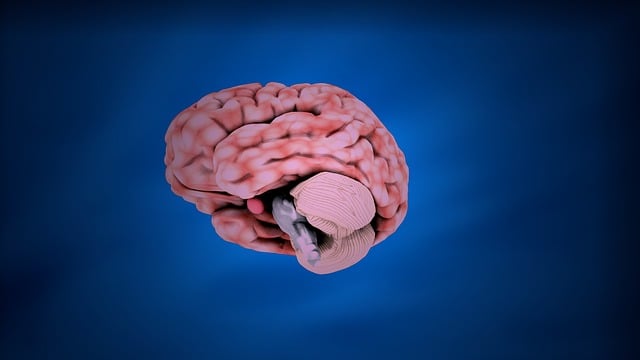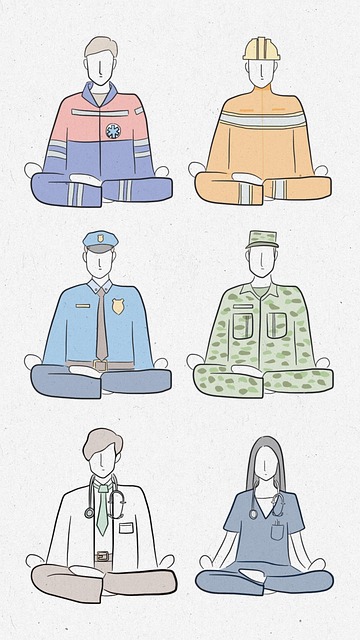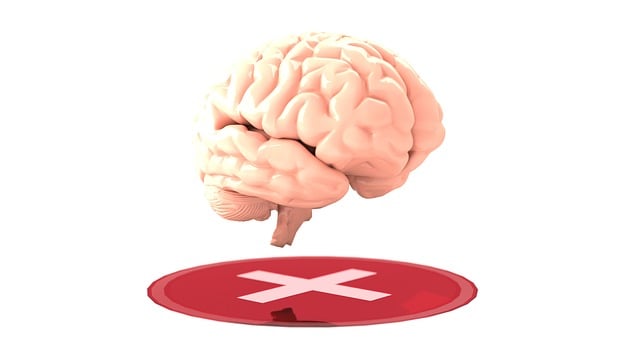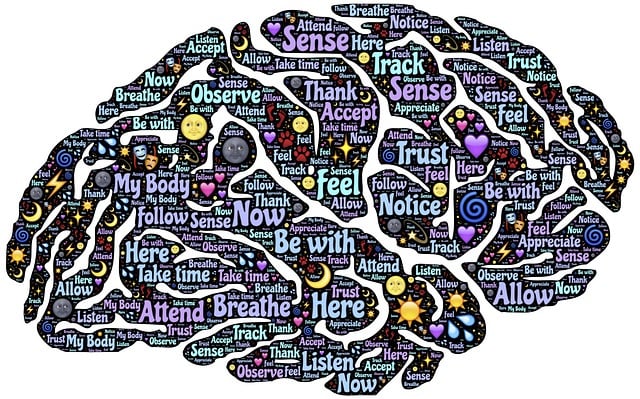Colorado Springs Veterans Therapy leverages positive thinking as a powerful tool for veteran transition, helping them manage stress, anxiety, and depression through optimism, strengths focus, and achievement acknowledgment. Tailored exercises, real-life scenarios, and mindfulness techniques empower veterans with actionable coping strategies based on personalized, gradual risk management. Structured journaling, group therapy, and empathy-focused strategies create a holistic approach, fostering emotional regulation, resilience, and enhanced well-being in Colorado Springs Veterans Therapy settings.
In today’s digital era, positive thinking exercises are transforming lives, especially for veterans navigating challenges. This article delves into the profound impact of positive thinking on veterans’ well-being, highlighting its potential as a powerful therapeutic tool. We explore effective exercise design principles tailored for therapy sessions and offer practical strategies for Colorado Springs Veterans Therapy to integrate and track progress, fostering resilience and enhancing mental health outcomes.
- Understanding Positive Thinking and Its Impact on Veterans' Well-being
- Designing Effective Positive Thinking Exercises for Therapy Sessions
- Integrating and Tracking Progress: Strategies for Colorado Springs Veterans Therapy
Understanding Positive Thinking and Its Impact on Veterans' Well-being

Positive thinking is a powerful tool for emotional healing processes, especially for veterans transitioning back into civilian life. In Colorado Springs, where Veterans Therapy offers specialized support, understanding and cultivating positive thinking can significantly enhance overall well-being. This simple yet profound exercise involves consciously shifting one’s mindset towards optimism, focusing on personal strengths, and acknowledging achievements, no matter how small.
By engaging in daily positive thinking practices, veterans can effectively manage stress, anxiety, and depression, which are common challenges they may face. It empowers them to develop emotional regulation skills, fostering resilience and a sense of control over their lives. Through community outreach program implementation, Veterans Therapy aims to make these healing processes more accessible, enabling individuals to navigate their emotional landscapes with newfound hope and positivity.
Designing Effective Positive Thinking Exercises for Therapy Sessions

In designing positive thinking exercises for therapy sessions, especially with Colorado Springs Veterans Therapy clients, mental health professionals should consider tailored activities that resonate with diverse backgrounds and experiences. The key lies in creating engaging and interactive practices that foster a sense of empowerment and resilience. Incorporating real-life scenarios or mindfulness techniques can help veterans translate positive thinking into actionable strategies for coping with trauma and stress.
For effective risk management planning, therapists should introduce these exercises gradually, allowing clients to build confidence and comfort. Trauma Support Services research highlights the importance of personalized approaches, ensuring that each session is a safe space for exploration and growth. By integrating positive thinking into therapy, mental health professionals can empower veterans with tools to navigate challenges, promote healing, and enhance overall well-being, ultimately enriching their therapeutic journey in Colorado Springs Veterans Therapy settings.
Integrating and Tracking Progress: Strategies for Colorado Springs Veterans Therapy

In Colorado Springs Veterans Therapy, integrating positive thinking exercises is a powerful approach to enhancing resilience and empathy among veterans. By incorporating strategies tailored to their unique experiences, therapists can effectively support individuals in rebuilding mental fortitude. One key method involves tracking progress through structured journaling, where veterans reflect on their daily thoughts, emotions, and achievements, fostering self-awareness and identifying negative thought patterns. This practice enables them to replace these patterns with more positive and adaptive ones.
Additionally, group therapy sessions can facilitate empathy building strategies, providing a supportive environment for sharing experiences. Through open dialogue and mutual understanding, veterans learn from one another’s resilience, fostering a sense of camaraderie and collective healing. The consistent use of these empathy-focused approaches alongside trauma support services has shown remarkable results in helping Colorado Springs Veterans Therapy clients develop lasting coping mechanisms and improved overall well-being.
Implementing positive thinking exercises as part of therapy sessions in Colorado Springs Veterans Therapy has shown significant potential in enhancing veterans’ well-being. By understanding the power of positive thinking and designing tailored exercises, therapists can create a supportive environment that fosters resilience and optimism. The integration and tracking of progress through structured strategies enable professionals to offer targeted interventions, ensuring veterans receive effective support for their unique needs. This approach not only contributes to improved mental health outcomes but also empowers veterans with valuable coping mechanisms for long-term well-being.












